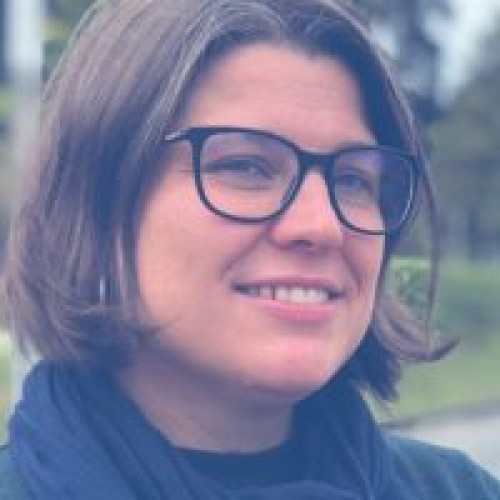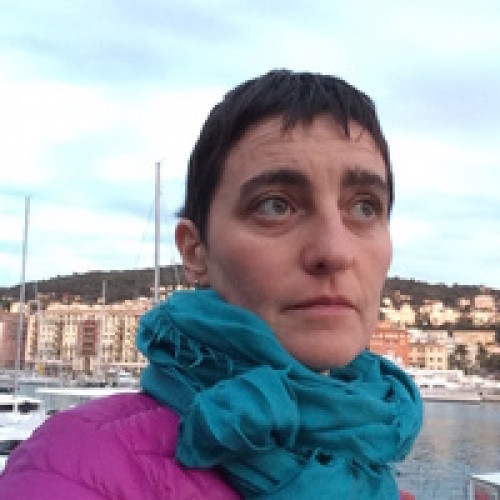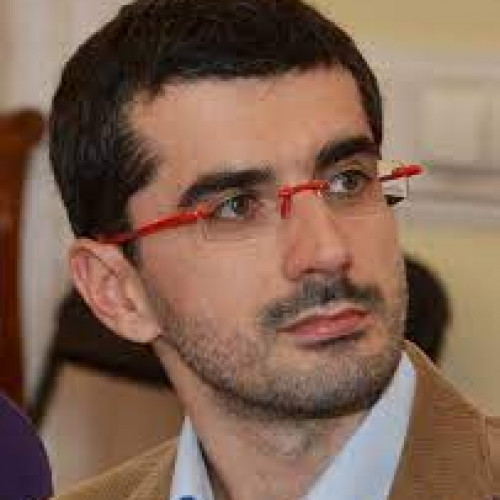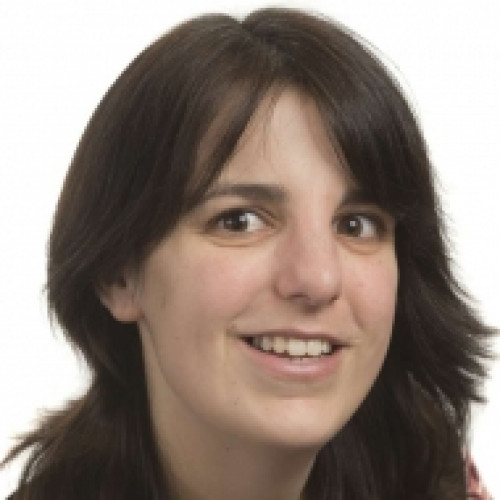Working Group Reports: ESC WG on Immigration, Crime, and Citizenship
Over the years, scholars from diverse academic disciplines, geographical locations, and research traditions have studied migration, citizenship, and crime globally, considering their disciplines' contextual peculiarities and epistemological perspectives. However, a comprehensive understanding of these domains necessitates collaboration among scholars with diverse backgrounds. Such enriching discussions and collaborations are fostered within the ESC Working Group Immigration, Crime, and Citizenship.
From 22 to 24 March 2023, the Working Group Immigration, Citizenship and Crime of the European Society of Criminology and Erasmus School of Law hosted the midterm conference “Migration, Crime and Citizenship: Interdisciplinary and Multi-Sited Research Approaches”. The conference focused on uniting migration, crime and citizenship scholars from different disciplines, geographical locations, and research traditions across Europe. Moreover, it aimed to build bridges between different insights and scholars in the migration domain. Drago Župarić-Iljić (University of Zagreb), Giulia Fabini (University of Bologna), Amalia Campos-Delgado (Leiden Law School), and Richard Staring (Erasmus University Rotterdam) held very interesting keynote lectures in which they highlighted different approaches in migration research. About 60 scholars from various European regions attended the conference and discussed their research during interactive presentation sessions. After two days of presentations, a small group of about 20 participants gathered for a field visit to the Pauluskerk and the Royal Dutch Marechausseeto learn more about the everyday immigration practices in the Netherlands. The organisers and participants considered it an inspiring conference that contributed to building bridges between its members, research traditions and geographical regions.
The annual conference of the European Society of Criminology held in Florence in September 2023 once again saw record-breaking participation, featuring six pre-arranged panels and seven sessions organised by the WG, covering topics such as border control and smuggling, criminality and migration, criminalisation and lack of protection of migrant children and youth, immigration detention and deportability, security and structural violence against migrants and refugees, experiences, sentiments and perceptions of migrants and against migrants, and victims and survivors of human trafficking.
During the Florence conference, a face-to-face meeting provided attending members with updates on WG participation possibilities, activities, and future plans. Specifically, it was announced that the aftermath of the mid-term conference will be a special issue collecting selected papers presented in Rotterdam. The issue, where the WG leaders serve as guest editors, will be published in Archiwum Kryminologii (“Archives of Criminology”). This is the oldest Polish criminological journal which publishes papers in Open Access, thus making them available to everyone interested. The special issue is expected to be out in the Spring of 2024.
Continuing our commitment to fostering collaboration and knowledge exchange, plans for the next mid-term conference are already in place. The next meeting will be held in Warsaw in Spring 2024. The conference will be hosted by the Institute of Law Studies - Polish Academy of Sciences, and a call for papers will be distributed at the beginning of the year. Mid-term conferences have slowly become a tradition of our WG, which we are determined to preserve and promote.
Last but not least, an important agreement reached at the assembly will mark the next era of the WG. In the coming months, the working group will undergo a renaming process involving proposals and voting among members. The aim is to choose a name that better captures the research concerns of this vibrant academic community. Stay tuned for updates!



